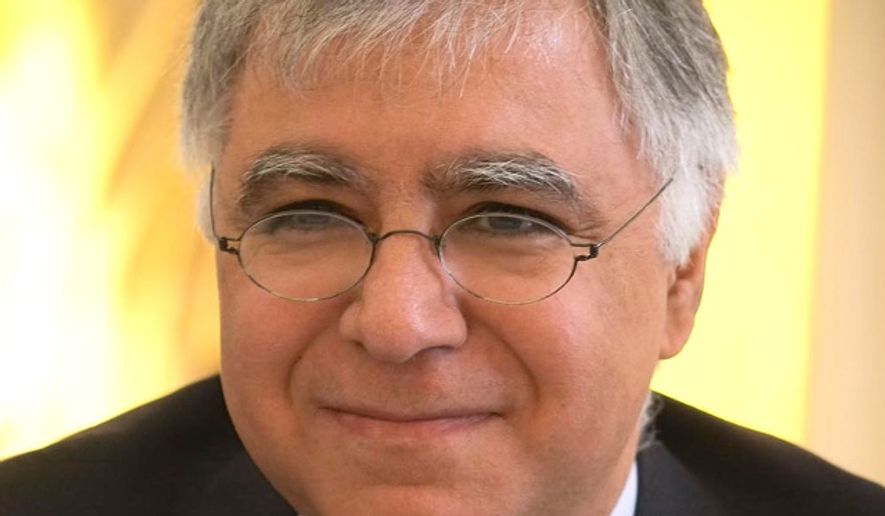Iraqis who lived under the rule of the Islamic State for the past three years deserve justice, the Iraqi Ambassador to the U.S. said Tuesday as he opened a panel discussion about that country’s minorities and the myriad of challenges in providing humanitarian assistance and future security.
Among the chief concerns are to keep Iraqi citizens — particularly Yazidis singled out as the victims of ISIS’s most brutal crimes — from seeking revenge.
“Beyond all of this, I think one issue that is of prime importance for us to deal with, is the issue of justice. People have been wronged,” Iraqi Ambassador Fareed Yasseen told an audience gathered at the U.S. Institute of Peace on Tuesday.
His remarks came at the opening of a panel discussion on the challenges facing how a post-ISIS Iraq will reconcile with its minority communities — a tapestry of groups including Assyrian Christians, Yazidis, Shabak, Turkmen, Kakai and others who had their villages and homes pillaged by ISIS, their holy sites destroyed, their people kidnapped, raped, tortured and brainwashed, among other crimes against humanity — to ensure security for their homes and fair representation in the Iraqi government.
“For most Iraqis and certainly for the Iraqi government, Iraq is not Iraq without its minorities – we’re not North Korea,” Mr. Yaseen said. “Their preservation… as active, participative members of society with their role intact and protected, is vital and it is recognized by the constitution. This is why we have parliamentarians representing minorities by constitutional mandate in Iraq.”
The ambassador further recalled a meeting with Kurdistan Regional Government President Masoud Barzani in France in September 2014, shortly after ISIS committed its blitz into northern Iraq and committed the genocide against the Yazidi people, to illustrate his point and the difficult task of achieving reconciliation in the country.
“I asked him what was the thing that was prime on his mind and he said, ’The problem that I have is preventing young Yazidi men from seeking revenge,’ and God knows what happened to them, and that they were justified. But this is a prime thing we have to deal with.”
Mr. Yasseen highlighted a program by a Mosul parliamentarian who wants to canvas residents for the list of grievances against ISIS members — for those who have suffered rape or had family members murdered to be put on a judicial track and for those who have had property or assets stolen to be put on a track for compensation.
However, there are reports of Iraqi officers and soldiers taking justice among themselves during the battle of Mosul, carrying out extrajudicial killings of suspected ISIS members. In June, Human Rights Watch said it was aware of at least 26 bodies — found blindfolded and handcuffed — in government-held areas of Mosul.
In one report in the U.K. newspaper The Independent, Iraqi security forces admitted to carrying out extrajudicial killings of ISIS prisoners because they believed the terrorists would bribe authorities in Baghdad for their freedom.
A report in the New York Times further had a journalist reporting how Iraqi soldiers freely admitted to executing ISIS members.
“Transitional justice — not an easy thing to do — we’ll need all your help to do that,” Mr. Yaseen pleaded with the international audience. As he started to address the overwhelming need for psychological assistance for survivors, the ambassador became visually emotional.
“We’ll need to heal the survivors. I mean we will need a massive effort and psychological assistance. All Iraqis are subjected to PTSD — myself included, with varying degrees, and I’m a mild form — so this is something we need your help with.”
• Laura Kelly can be reached at lkelly@washingtontimes.com.




Please read our comment policy before commenting.